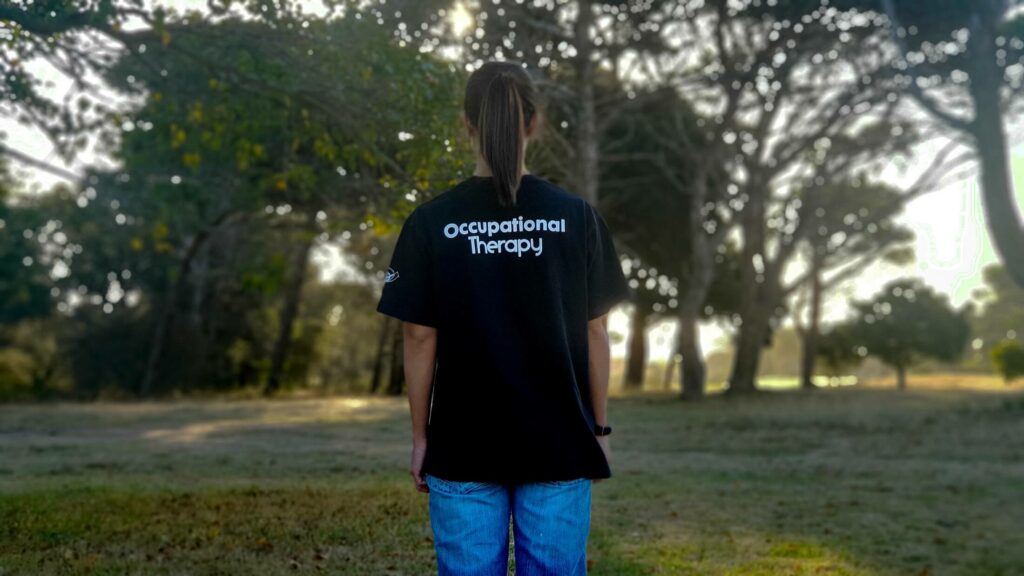In today’s lightning-fast digital landscape, businesses face a daunting challenge: how to keep pace with rapidly shifting consumer behaviours, technological advancements, and market trends. The solution? Agile digital marketing—a revolutionary approach that’s transforming how brands connect with their audiences and drive results.
What is Agile Digital Marketing and Why Does it Matter?
Agile digital marketing is a data-driven, iterative approach that enables organisations to respond swiftly to the ever-evolving digital ecosystem. Unlike traditional marketing methods that rely on long-term, inflexible plans, agile marketing emphasises rapid iterations, real-time insights, and cross-functional collaboration.
The importance of this approach cannot be overstated. According to the 2024 State of Agile Marketing Report, a staggering 83% of marketers using agile methodologies report positive experiences. This isn’t just a trend; it’s a fundamental shift in how successful marketing operates in the digital age.
How Does Agile Digital Marketing Differ from Traditional Approaches?
Traditional marketing often follows a linear, ‘waterfall’ approach, where campaigns are planned far in advance and executed with little room for adjustment. Agile digital marketing, on the other hand, embraces flexibility and continuous improvement. Here’s a comparison of key differences:
| Traditional Marketing | Agile Digital Marketing |
|---|---|
| Long-term, fixed plans | Short ‘sprints’ (1-4 weeks) |
| Limited flexibility | Rapid adaptation to feedback |
| Siloed departments | Cross-functional collaboration |
| Opinion-based decisions | Data-driven strategies |
| Large, resource-intensive campaigns | Small, iterative experiments |
This agile approach allows marketers to pivot quickly, capitalise on emerging opportunities, and optimise campaigns in real-time—a critical advantage in today’s fast-paced digital landscape.
What Are the Core Principles of Agile Digital Marketing?
To truly embrace agile digital marketing, organisations must understand and adopt its fundamental principles:
- Respond to change over following a plan: While planning is important, agile marketers prioritise flexibility and the ability to adapt based on real-time insights.
- Rapid iterations over big campaigns: Instead of investing heavily in large, long-term campaigns, agile marketing focuses on quick ‘sprints’ that allow for continuous improvement.
- Testing and data over opinions and conventions: Decisions are driven by concrete data and A/B testing rather than gut feelings or traditional marketing wisdom.
- Cross-functional collaboration over silos: Agile marketing breaks down departmental barriers, fostering a culture of teamwork and shared responsibility.
By adhering to these principles, organisations can create a more responsive, effective marketing strategy that’s better equipped to handle the challenges of the digital age.
How Can Businesses Implement Agile Digital Marketing?
Implementing agile digital marketing requires a shift in mindset and processes. Here are key steps to get started:
- Adopt agile frameworks: Popular frameworks like Scrum, Kanban, or Lean marketing can provide structure to your agile approach.
- Invest in the right tools: Utilise marketing automation platforms, CRM systems, real-time analytics tools, and project management software like Trello or Asana to support agile processes.
- Focus on key performance indicators (KPIs): Track metrics such as customer acquisition cost (CAC), conversion rates, customer lifetime value (CLTV), and return on investment (ROI) to guide your agile strategies.
- Embrace a culture of continuous learning: Encourage teams to regularly reflect on their processes and outcomes, always seeking ways to improve.
- Prioritise customer-centric strategies: Use agile methods to rapidly test and refine customer experiences, ensuring your marketing efforts truly resonate with your audience.
What Benefits Can Businesses Expect from Agile Digital Marketing?
The advantages of adopting agile digital marketing are significant and wide-ranging:
- Increased speed to market: According to CMG Partners’ “The Agile Advantage” survey, 93% of CMOs using agile practices reported improved speed to market.
- Enhanced efficiency and productivity: Agile methods can significantly reduce campaign development time, with some organisations seeing reductions from months to just weeks.
- Improved customer satisfaction: By rapidly adapting to customer feedback and market trends, agile marketing ensures that campaigns remain relevant and engaging.
- Better ROI: The ability to quickly pivot and optimise campaigns based on real-time data often leads to improved return on marketing investments.
- Increased team morale: Cross-functional collaboration and the ability to see rapid results often lead to higher job satisfaction among marketing teams.
How is Agile Digital Marketing Evolving with New Technologies?
As technology continues to advance, agile digital marketing is evolving to incorporate new tools and techniques:
- Artificial Intelligence (AI): AI is being used for content optimisation, A/B testing, and personalisation at scale, allowing for even more rapid iterations and data-driven decision-making.
- Semantic SEO: The emergence of semantic SEO, which focuses on context and user intent, requires agile marketers to continuously adapt their content strategies.
- Cookieless future: As third-party cookies phase out, agile marketers are at the forefront of developing new strategies for digital advertising and analytics.
- Voice search and smart devices: The rise of voice-activated devices requires agile marketers to quickly adapt their SEO and content strategies to new search behaviours.
By staying abreast of these technological trends and incorporating them into their agile processes, businesses can maintain a competitive edge in the digital marketplace.
Agile digital marketing isn’t just a buzzword—it’s a powerful approach that enables businesses to thrive in an ever-changing digital landscape. By embracing agility, organisations can create more effective, responsive, and customer-centric marketing strategies that drive real results.
If you need support or have questions, please contact us at CJ&CO.
How long does it take to see results from agile digital marketing?
While results can vary, many organisations see improvements within the first few sprints, which typically last 1-4 weeks. The iterative nature of agile marketing allows for continuous refinement and optimisation, leading to progressively better results over time.
Is agile digital marketing suitable for all types of businesses?
Agile digital marketing can benefit businesses of all sizes and across various industries. However, the specific implementation may vary based on the organisation’s structure, resources, and goals. Even small businesses can adopt agile principles to improve their marketing effectiveness.
How does agile digital marketing impact team structure and roles?
Agile marketing often leads to more cross-functional teams, breaking down traditional silos between departments. Roles may become more flexible, with team members taking on diverse responsibilities. This can lead to improved collaboration, creativity, and overall efficiency.
What are some common challenges in implementing agile digital marketing?
Common challenges include resistance to change, difficulty in shifting from long-term planning to short sprints, and initial struggles with new tools and processes. However, with proper training, leadership support, and a commitment to the agile mindset, these challenges can be overcome.
How does agile digital marketing align with long-term brand strategy?
While agile marketing focuses on short sprints and rapid iterations, it still aligns with long-term brand strategy. The agile approach allows for more frequent adjustments to tactics while still working towards overarching strategic goals. This balance of flexibility and strategic direction is key to successful agile marketing implementation.




